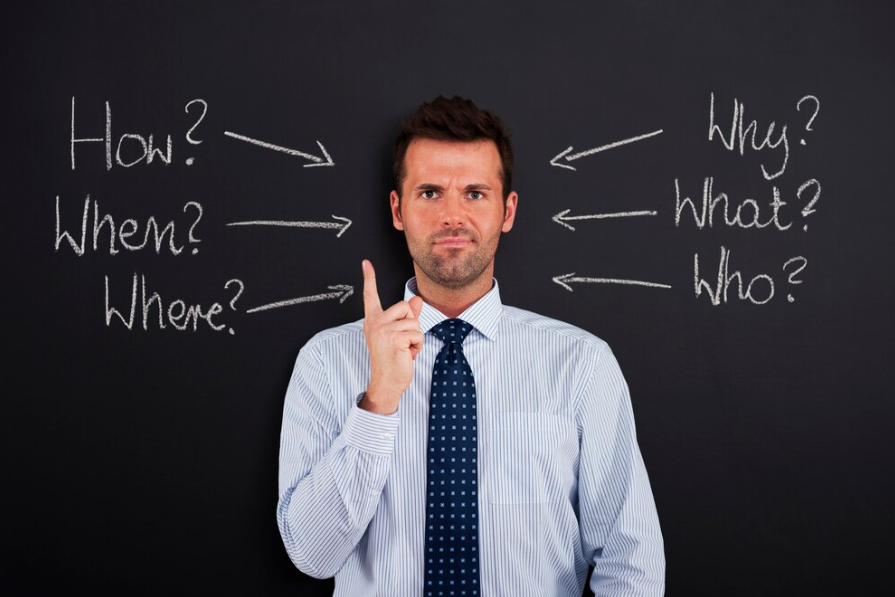Understanding Hangxiety and Finding Help
What is Hangxiety?
Hangxiety describes the mix of hangover symptoms and anxiety many people experience after heavy drinking.[1] It combines the physical hangover symptoms like headaches, fatigue, and nausea with heightened anxiety, unease, or worry. For some, hangxiety stems from regret or apprehension over their actions while intoxicated, while for others, it’s a general state of anxiety as their body recovers from alcohol.
Hangxiety serves as a reminder of the intricate link between mental and physical well-being, emphasizing the impact of alcohol on overall health.
Related: How Alcohol Affects Your Brain and Body
Relationship Between Anxiety and Alcohol Use
The link between anxiety and alcohol use is complex and multi-faceted. Some individuals may drink to temporarily alleviate anxiety symptoms, while for others, alcohol can exacerbate anxiety over time. Here’s how they’re related:[2]
Self-Medication
Some people drink to relieve tension, worry, or social anxiety. Alcohol’s depressant effects may provide temporary relief, but over time, it worsens anxiety.
Biological Factors
Underlying biological factors, such as neurotransmitter imbalances, contribute to both anxiety disorders and alcohol dependency.
Co-Occurrence
Anxiety and alcohol use disorders frequently co-occur. People with one condition are at increased risk of developing the other, often complicating treatment.
Dependency Cycle
Using alcohol to cope with anxiety can lead to dependency. Tolerance builds, and individuals require more alcohol for relief, increasing anxiety in the long run.
Withdrawal Effects
Abrupt cessation of alcohol can trigger withdrawal symptoms like anxiety, irritability, and restlessness.
Why Can Anxiety Be Worse After Drinking?
After drinking, anxiety often intensifies due to alcohol’s effects on brain chemistry and bodily processes:[3]
Neurotransmitter Disruption
Alcohol initially boosts gamma-aminobutyric acid (GABA), causing relaxation, but as it’s metabolized, GABA levels drop, leading to rebound anxiety. Serotonin depletion also worsens mood and anxiety.
Poor Sleep
Alcohol disrupts REM sleep, which is crucial for processing emotions and memories, causing grogginess, irritability, and anxiety the next day.
Behavioral Regret
Regret or embarrassment over actions taken while intoxicated may lead to heightened anxiety upon reflection.
Temporary Relief, Lasting Impact
Though alcohol may initially alleviate anxiety, its long-term effects worsen symptoms due to neurotransmitter imbalances and disrupted sleep.
Related: Alcohol and Sleep: What You Should Know
Signs and Symptoms of Hangxiety
Hangxiety involves a mix of physical and psychological symptoms, such as:[4]
- Physical Symptoms: Headaches, nausea, fatigue, dehydration
- Psychological Symptoms: Guilt, regret, self-doubt, unease, heightened anxiety
The combination of these symptoms creates a challenging recovery period after drinking.
Duration of Hangxiety
The duration varies by individual factors like alcohol consumption, tolerance, and overall health. Typically, acute symptoms peak within a few hours after waking up and subside throughout the day with self-care. For some, hangxiety may linger into the next day, especially with heavy drinking or underlying anxiety disorders.
Understanding Alcohol Use Disorder
Alcohol Use Disorder (AUD) is a problematic pattern of drinking leading to distress or life issues. Signs include:[5]
- Drinking more or longer than intended
- Inability to cut down or stop drinking
- Neglecting responsibilities
- Craving alcohol
- Relationship and health problems due to drinking
AUD can be mild to severe, and recognizing its signs is the first step to getting help.
Treatment for Anxiety, Alcohol Use Disorder, and Co-Occurring Issues
Treating anxiety and AUD together often requires a comprehensive approach.
Anxiety Treatment
Options include therapy (like CBT) and medications like SSRIs or SNRIs to manage anxiety symptoms.[6]
Alcohol Use Disorder Treatment
Treatment involves behavioral therapies, support groups, and possibly medication, often starting with medical detox.[7]
Dual Diagnosis Programs
These programs address anxiety and AUD together through integrated care, including tailored therapy and medication management.







